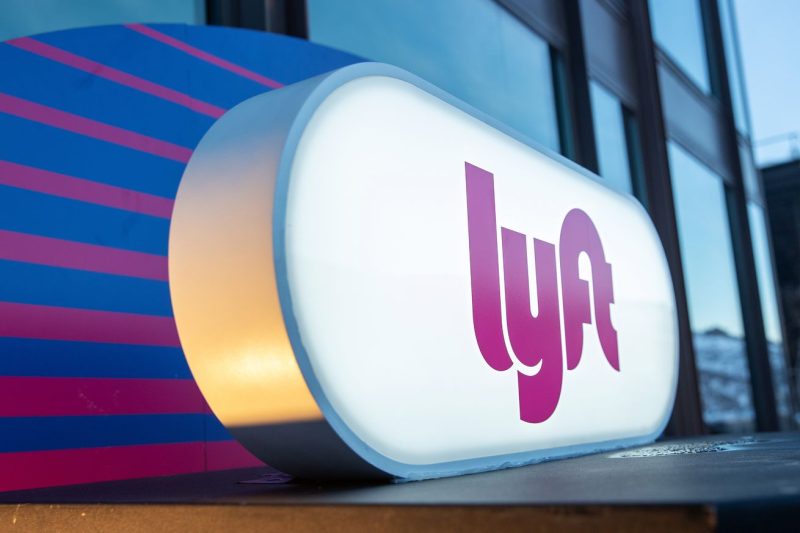In a recent turn of events, popular ride-sharing company Lyft has been hit with a hefty fine of $2.1 million for misleading advertising regarding the potential earnings of its drivers. The company’s misleading ads came under scrutiny for implying that drivers could make more money than they actually could in reality, a practice that has now resulted in significant financial consequences.
According to the Federal Trade Commission (FTC), Lyft’s advertisements promised drivers substantial earnings without clearly disclosing the crucial details and conditions that could affect their actual income. This deceptive marketing strategy created an unrealistic expectation among potential drivers, leading them to believe that they could earn significantly more through Lyft than they actually could.
The FTC found that Lyft failed to provide accurate information about the actual earnings of drivers, such as the costs associated with vehicle upkeep and maintenance, insurance, and other expenses that drivers would incur. By not disclosing these essential details, Lyft painted an overly optimistic picture of the income potential for drivers, which ultimately proved to be misleading and deceptive.
Moreover, Lyft’s ads reportedly featured high-income figures without clearly communicating that those earnings were not typical or easily achievable for the majority of drivers. This lack of transparency and honesty in advertising practices misled individuals into believing that driving for Lyft could be a lucrative full-time job when, in reality, it could be challenging to achieve similar earnings.
The FTC’s decision to impose a substantial fine on Lyft sends a clear message to companies that engage in misleading advertising practices. It underscores the importance of transparency, honesty, and accuracy in marketing communications to ensure that consumers are not misled or deceived by false promises.
As a result of the fine, Lyft has committed to implementing significant changes in its advertising practices to prevent similar issues from arising in the future. The company has agreed to provide clear and accurate information about the earnings potential of drivers, including all relevant expenses and factors that could impact their income.
Overall, the FTC’s enforcement action against Lyft serves as a reminder for companies to prioritize honesty and transparency in their advertising efforts. Misleading consumers with false promises can have serious consequences, as evidenced by the substantial financial penalty imposed on Lyft. Moving forward, it is essential for companies to uphold ethical standards and provide consumers with accurate and truthful information to build trust and credibility in the marketplace.
